Box Heeler vs. Doxle: Breed Differences and Similarities
Temperament
What are the personalities of Box Heeler and Doxle dogs?
Active
Playful
Energetic
Protective
Alert
Intelligent
Confident
Friendly
Loyal
Fearless
Brave
Bright
Hard working
Resourceful
Affectionate
Playful
Inquisitive
Shedding Level
Do Box Heelers shed more than Doxles, or which breed sheds more, Box Heelers or Doxles?
Box Heelers are moderate shedders, but regular brushing can reduce shedding and maintain coat health.
Doxles shed a lot of hair each year, so frequent brushing is essential for reducing shedding and maintaining coat health.
Ancestry
What are the origins of Box Heeler and Doxle breeds?
Blue Heeler and Boxer
Beagle, Dachshund
Breed recognition
Which kennel clubs recognize/register Box Heeler and Doxle?
DRA = Dog Registry of America, Inc.
Not recognized by any clubs.
Date of Birth
When were Box Heeler and Doxle breeds first developed?
Unknown
Eye Color Possibilites
What are the eye colors of Box Heeler and Doxle dogs?
Brown
Brown
Nose Color Possibilites
What are the natural nose colors of Box Heeler and Doxle?
Black
Black
Coat Color Possibilites
What are the natural colors of the coat for Box Heeler and Doxle breeds?
Brindle
Blue
Brown
Black
White
Coat Length
What is the typical coat length for Box Heeler and Doxle breeds?
The coat of Box Heeler and Doxle dogs ranges in length from short to medium.
Coat Density
What is the density of the coat of Box Heeler and Doxle?
Coat Texture
What is the hair texture of Box Heeler and Doxle?
Straight
Litter Size
What is the usual litter size for Box Heeler and Doxle?
A Box Heeler can have a litter of 2-10 puppies on average. However, it's worth noting that the size of the litters can vary greatly. Factors that can influence litter size include the health of the mother, breeding history, and genetics.
A Doxle can have a litter of 12-14 puppies on average. However, it's worth noting that the size of the litters can vary greatly. Factors that can influence litter size include the health of the mother, breeding history, and genetics.
Adaptability
Box Heelers are known for their adaptability and can adjust well to different environments and lifestyle changes.
Doxles have average adaptability to changes in lifestyle and living environments compared to other breeds.
Health Issues
Between Box Heeler and Doxle, which breed is more prone to health problems?
The Box Heeler and Doxle breeds are commonly healthy with low vet costs, regular check-ups may not be as necessary but it's important to keep an eye on their health and have them checked by a veterinarian when needed.
Major Concerns
What are the major health concerns for Box Heeler and Doxle breeds?
Usually Very Healthy
Patellar Luxation
Intervertebral Disc Disease
Hip Dysplasia
Bloat
Minor Concerns
What minor health issues should be kept in mind when owning Box Heeler and Doxle?
Eye Problems
Gastric Dilation Volvulus
Deafness
Epilepsy
Hypothyroidism
Cushing's Disease
Occasional Tests
What occasional tests are recommended for Box Heeler and Doxle breeds?
X-Rays
Eye Examination
Physical Examination
X-Rays
MRI
CT Scan
Physical Examination
Urinalysis
Complete Blood Work
Serum Chemistry
Spinal Tap
Neurologic Exam
Ophthalmic Examination
Social Needs
Box Heeler vs Doxle social needs comparison
Box Heeler has above average social needs and thrives with interaction with humans and other dogs.
Doxle has very high social needs and requires regular mental and physical stimulation, a job or purpose, and companionship.
Sleeping Need
Which of the two sleeps the most/least: Box Heeler or Doxle?
Box Heeler and Doxle are active dogs that may not require as much sleep as other breeds. However, they still need enough sleep to stay healthy.
Mouthiness
Mouthiness Comparison: Box Heeler vs Doxle?
Roaming urge
Box Heeler vs Labrador: Running away tendency?
Prey Drive
Box Heeler or Doxle - which breed has a higher level of prey drive?
Past times
What are some enjoyable activities and ways to keep Box Heeler and Doxle entertained?
Chase, Catch treats, Car rides, Walk, Run, Tug-of-war, Playdate, Chase tail, Eating, Play fetch, Cuddling, Take on walks, Hanging out, Chewing antlers, Daily walks, Jeep rides, Dog Parks, Fetch, Hike, Swim, Cuddle, Shake, Hiking, Running, Swimming, Sleeping, Keep away, Fetching, Go Camping, Cuddles
Running, Playing tricks, Walk, Playing Ball, Tug-of-war, Playing fetch, Walking, Car rides, Fetch, Walks, Play, Cuddlin
Activity Level
Which breed has higher energy, Box Heelers or Doxles?
Box Heelers are medium-energy dogs and typically enjoy socializing and playing casual or even sustained games of chase with other dogs. They may also have occasional periods of barking or racing around the house.
Doxles are low-energy dogs. This breed make a great companion for a relatively inactive person. Doxle dogs require a few short daily walks, and then they're happy snuggling next to you for the rest of the day.
Tolerance of being left alone
Walks per Week
How many miles should Box Heeler or Doxle walk each week?
There's really no limit to how far you walk your dog as long as they're comfortable. For Box Heeler, it's at least 9 miles / week. Just remember to build distance and stamina gradually over time.
There's really no limit to how far you walk your dog as long as they're comfortable. For Doxle, it's at least 4 miles / week. Just remember to build distance and stamina gradually over time.
Activity per Day
Do Box Heelers or Doxles require more exercise?
In general most Box Heelers usually need at least 45 minutes of exercise daily. This can be spread across the day and include all sorts of high-energy activities, like walking, running and playing.
In general most Doxles usually need at least 35 minutes of exercise daily. This can be spread across the day and include all sorts of high-energy activities, like walking, running and playing.
Grooming
Which breed is easier to maintain in terms of grooming, Box Heelers or Doxles?
The Box Heeler is a low-maintenance breed that doesn't require much grooming.
Doxles require significant grooming, including regular trims and professional grooming assistance to maintain their coat. They may also require frequent bathing to keep their coat and skin healthy.
Brushing Frequency
What is the recommended brushing frequency for Box Heeler and Doxle dogs?
Box Heeler and Doxle should be brushed at least once a week. Of course, you can give them more frequent brushes if you find that they are still shedding a lot.
Brushing Tools
What brushing tools are used for Box Heelers and Doxles?
Pin Brush
Comb
Nail Clipper
Slicker Brush
Nail Clipper
Cups
How much food should be given to Box Heeler or Doxle in cups?
For an average 35-80 pound (16 - 36 kg) Box Heeler feed 3 cups daily. But, keep in mind, the amount you feed is going to be dependent on the quality of the food you are feeding.
For an average 18-30 pound (8 - 14 kg) Doxle feed 1 cups daily. But, keep in mind, the amount you feed is going to be dependent on the quality of the food you are feeding.
Daily Cost
Which breed has a higher daily cost, Box Heeler or Doxle?
The average cost of a Box Heeler is somewhere $2.10 - $2.70 per day.
The average cost of a Doxle is somewhere $1.00 - $1.40 per day.
Monthly Cost
Which breed has a higher monthly cost, Box Heeler or Doxle?
The average per month expenses of a Box Heeler is between $55 - $73. This makes an average of $660 - $876 per year. It will be on the higher side when the dog is still small because it will need more frequent visits to the vet, shots.
The average per month expenses of a Doxle is between $35 - $42. This makes an average of $420 - $504 per year. It will be on the higher side when the dog is still small because it will need more frequent visits to the vet, shots.
Sensitivity Level
How do Box Heeler and Doxle compare in sensitivity?
These breeds are more sensitive than others and easily overwhelmed by new surroundings and people. Box Heeler and Doxle need gentle handling and a calm, stable home environment with positive reinforcement training.
Apartment Friendly
Which breed is more apartment-friendly: Box Heeler or Doxle?
Box Heelers are good apartment dogs as long as they get enough exercise and stimulation outside of the apartment.
Doxles can do well in apartments with enough exercise and time outside, but a small yard would be ideal.
Child Friendly
Do Box Heelers or Doxles have a friendlier temperament towards children?
Box Heelers have an average level of friendliness towards children.
Doxles are good with kids if socialized and trained from a young age.
Senior-friendly
Which dog is more suitable as a pet for the elderly - Box Heeler or Doxle?
Cat Friendly
Do Box Heeler or Doxle breeds have a better compatibility with cats?
Box Heelers and Doxles are an average cat friendly dog. They do well with cats, even more if raised together from puppyhood.
Dog Friendly
Which breed is more sociable with other dogs: Box Heeler or Doxle?
Box Heelers are less friendly towards other dogs, but can improve with socialization.
Doxles are generally very friendly towards other dogs, with a happy and affectionate temperament.
Pet friendly
How do Box Heeler or Doxle dogs interact with other pets?
Stranger Friendly
Which breed is more friendly with strangers: Box Heeler or Doxle?
Box Heelers are averagely friendly around strangers but benefit from early socialisation.
Doxles are friendly but may bark at strangers, and training is easy due to their intelligence.
Playfulness
Which breed is more playful between Box Heeler and Doxle?
Box Heeler and Doxle are known to be highly playful dogs. So if you're not up for all that, think about adopting slightly older Box Heeler and Doxle for a mellower experience.
Trainability
How do the trainability levels of Box Heelers and Doxles compare?
Box Heeler and Doxle dogs are known for their ease of training and ability to learn quickly, making them a popular choice for pet owners and trainers alike.
Compare Box Heeler with other breeds
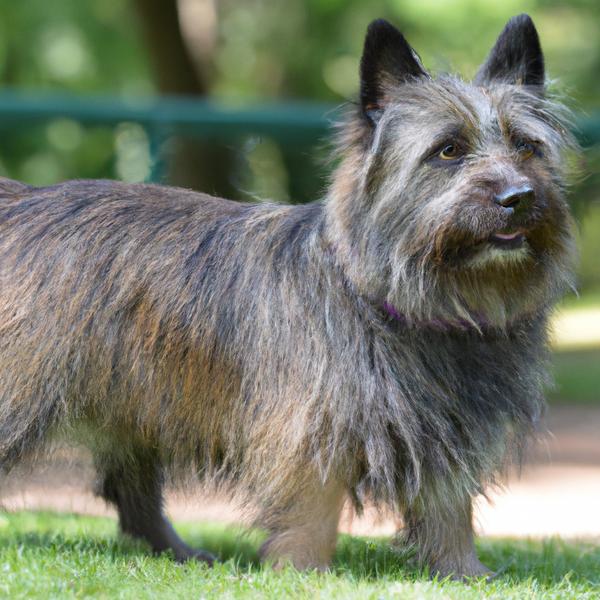
Cairn Australian Shepterrier
Box Heeler vs Cairn Australian Shepterrier

Goldendoodle
Box Heeler vs Goldendoodle
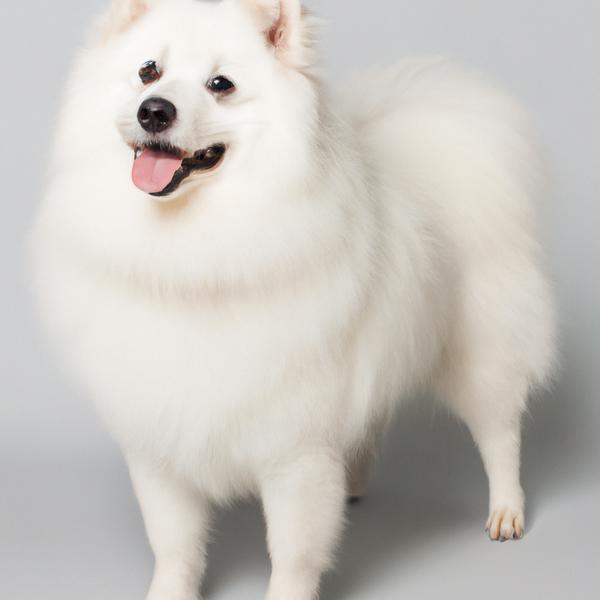
American Eskimo
Box Heeler vs American Eskimo
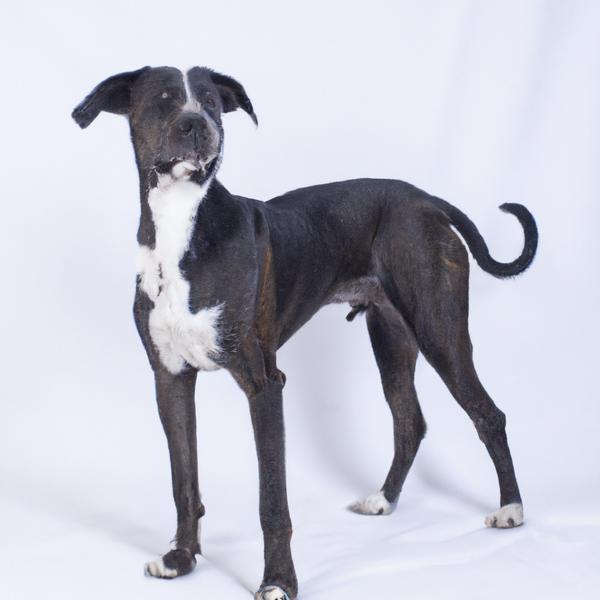
Corpin
Box Heeler vs Corpin

Scotchon
Box Heeler vs Scotchon

Ibizan Hound
Box Heeler vs Ibizan Hound
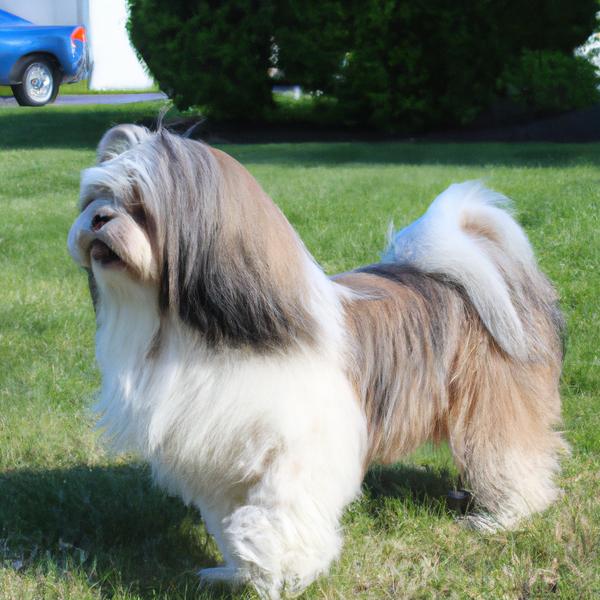
Sheltie Tzu
Box Heeler vs Sheltie Tzu
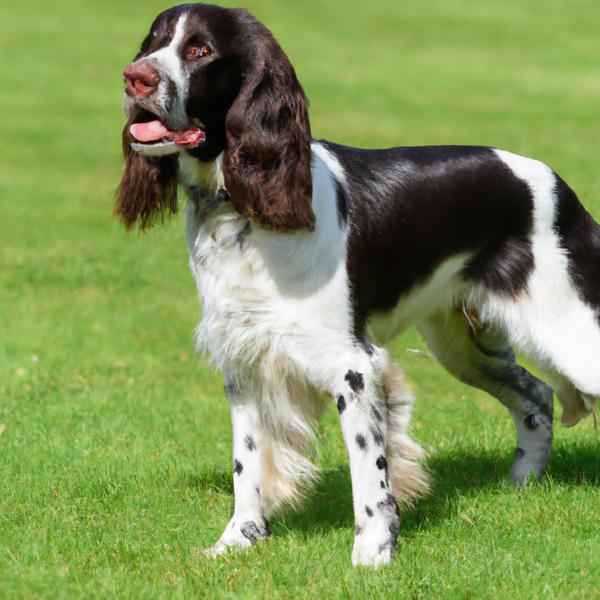
English Springer Spaniel
Box Heeler vs English Springer Spaniel
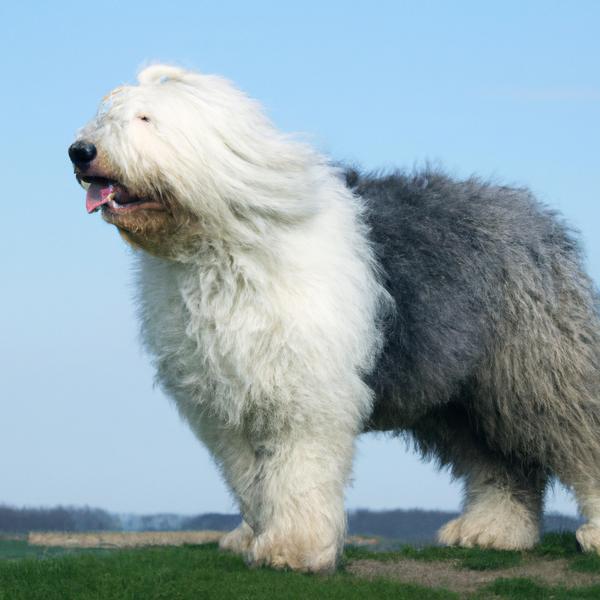
Old English Sheepdog
Box Heeler vs Old English Sheepdog
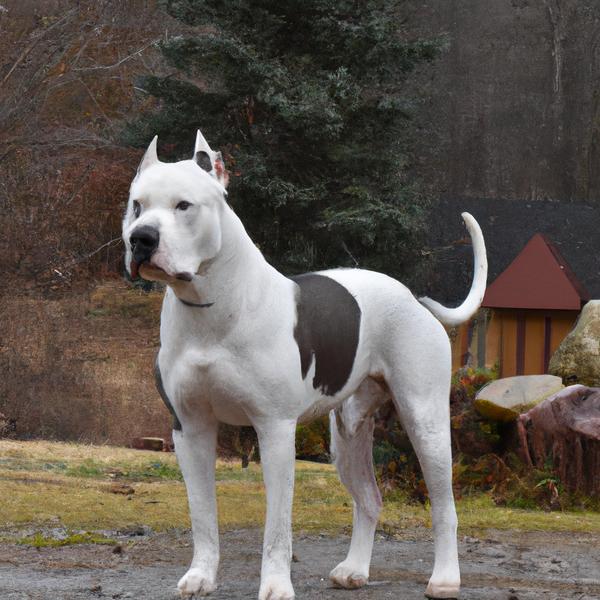
Alaskan Pit Bull
Box Heeler vs Alaskan Pit Bull

Saint Bernewfie
Box Heeler vs Saint Bernewfie

Koolie
Box Heeler vs Koolie

